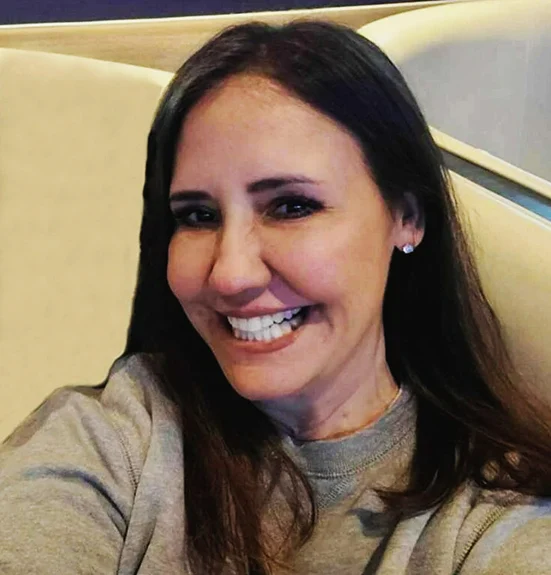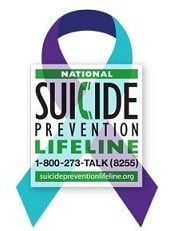Social anxiety is a disorder in which the person affected is unreasonably or excessively fearful of social situations. It is a phobia—a fear—of being judged and criticized by other people. Perhaps the person is afraid of making a mistake or being laughed at. The fear triggers heightened self-consciousness and social awkwardness (which may be compounded due to a lack of social skills), creating anxiety that can lead to a panic attack. The person is left with two choices: go out socially in extreme distress, or avoid any social interaction at all.
Social anxiety can become so real that a person may fret and worry about what may happen even before the event even occurs! This is called anticipatory anxiety. These fears restrict the affected person from having a normal life, even among family, friends, school and work.
How does social anxiety disorder develop? It appears to have many factors influencing it, from environmental to biological to psychological roots, or a combination of all three.
Environmental factors could include a past experience in which the person watched someone being ridiculed publicly. Perhaps a person was brought up in an overly-protected household and doesn’t have the social skills most people develop by daily interaction with others.
Psychologically-speaking, perhaps the person has been the recipient of public ridicule and embarrassment from a past event. That experience may lead them to believe they should never put themselves in such a vulnerable position again.
Sometimes, social anxiety disorder can be traced to a neurotransmitter imbalance in the brain. If chemical messages (serotonin) can’t get to the right biological recipients inside our head, the brain may react with stress instead of a message to smile and say hello. It is also possible that the condition is genetic.
Those who suffer with social anxiety disorder display contorted reasoning to include negative opinions of others and incorrect beliefs about social situations. Treatment is required so the person affected may carry on a normal life.
Social Anxiety Treatment
Currently, effective treatment is includes what’s known as cogonitive-behavior therapy (CBT). CBT is a counseling approach to help the person think in a manner that will alleviate anxiety. The person may be asked to face his/her fears in the therapist’s office, or may even be exposed to the fear in real life with guidance and support of the therapist. This is called systematic desensitization.
Medications can also help. Those prescribed include beta-blockers (to reduce rapid heartbeat), tranquilizers like Xanax, Valium, Ativan or Librium, or anti-depressants like Paxil.
Social anxiety is a complex condition and requires the care of an educated, experienced and licensed counselor. Contact Tracy Crain to find help.






